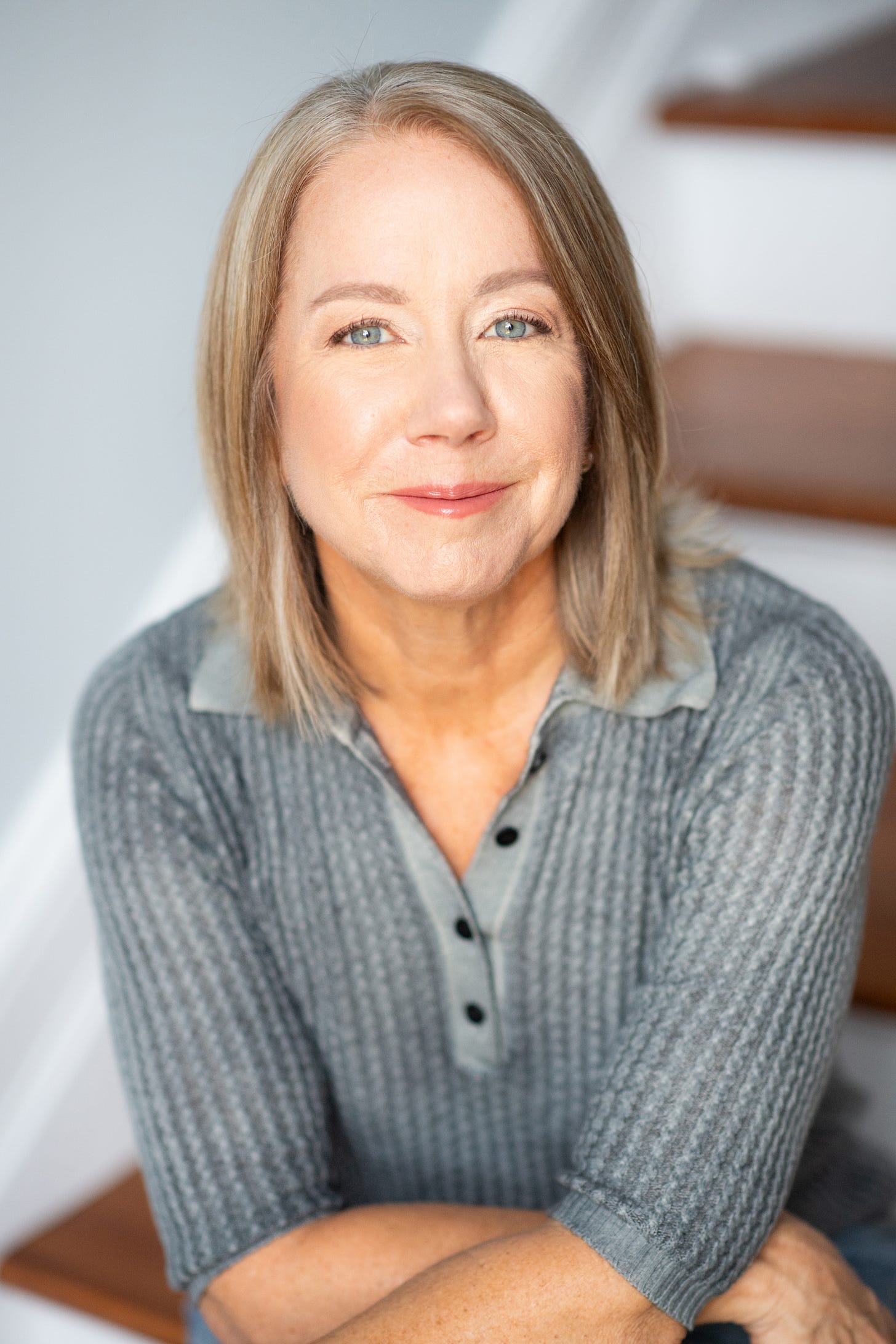What we learned about parenting in uncertain times & social anxiety from Dr Meg Jay
Think parenting gets easier when the teen years are done and they hit their 20s? Here’s the advice we’re really glad to know, & some Gen Z assumptions we’re happy to be wrong about…
In this week’s episode of our Postcards From Midlife podcast, we met developmental clinical psychologist Dr Meg Jay, author of The Twenty-Something Treatment: A Revolutionary Remedy for an Uncertain Age, the new bible for youngsters - and their parents - dealing with uncertain times. What is developmentally normal? How do you motivate and inspire someone who doesn’t want to change? Is discovering their identity through social media really a bad thing? And what are the four words every teen and young adult wants to hear from their parents? Here’s a taster of her advice below. Also in this episode of the podcast: Favourite new foodie recipes for summer; & knicker drawers, airing cupboards, washing machines! Why every woman needs a secret household hiding place.
Uncertainty is normal, but our brains don’t like it
The brain interprets uncertainty as danger and it imagines the worst. For young adults in their 20s they are emerging from the certainty and structure they’ve always had in their lives through the education system. They always knew where they stood and then they enter their twenties and begin to question how many years it will take to establish their career; will they have enough money to buy a house, will they ever have a partner? Can they pay their bills and afford to have a family? Everything is uncertain all at once. They need to figure out ‘How do I do this next part of my life’. There are a lot of skills they suddenly need to find in order to help them get through life. We need to reassure them that it’s perfectly normal to feel this way. We can share our own experiences of stepping into adult life, and let them know they will become more sure of themselves once they start to set themselves up with a career, establish new friendships, move out of home etc. Step by step they will see that they are starting to be able to handle life’s challenges and milestones better.
A mental health issue isn’t an identity
Having a diagnosis of a mental health issue can be used to understand what can be done to help you get better. Or it becomes ‘my identity - this is what I will always be’, which is a fixed mindset around mental health, what I call the 'Nocebo effect’ - the power of negative expectations. It’s what happens when we believe what we have is not treatable or something that we can find a way through. I’ve been talking to twenty somethings about mental health for 25 years and these days my clients are more likely to come in to see me with their own diagnosis from what they’ve seen on social media or read online, so I have to do a lot of psychoeducation about the fact that it’s really easy for a twenty something to meet diagnostic criteria for a whole host of mental disorders, as these disorders don’t take development into account. For example social anxiety disorder: about half of young adults meet the criteria for this, which means the criteria is not developmentally appropriate for 20-somethings. What I ask is: What does it mean that you meet the criteria for this? What do you/we need to work on? Is it your identity or does it give you marching orders to work out what you need to do to get better? 25 years ago, labels were not available to young people, they lived in medical school textbooks, so it was only medical students that might identify with the criteria. Now they do have that access and they are looking for certainty and structure - our generation did it through things like astrology and tarot cards.
Keep reading with a 7-day free trial
Subscribe to Postcards From Lorraine & Trish to keep reading this post and get 7 days of free access to the full post archives.




